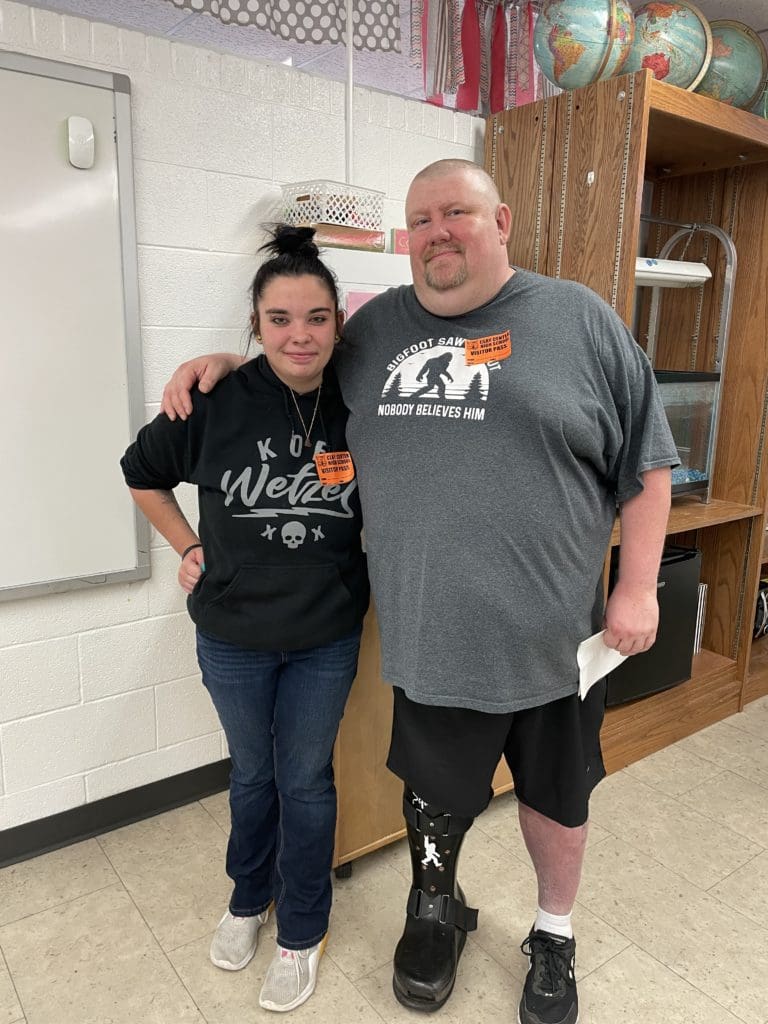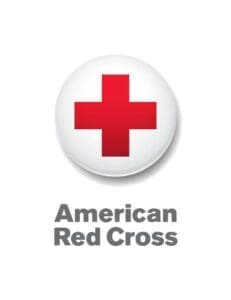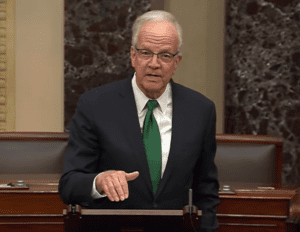Story and Photo Courtesy of CCCHS
Clay Center, KS- September is National Suicide Prevention Awareness Month. The freshmen health students at CCCHS have spent their first unit normalizing discussion about mental health. Students have been learning about stigma, brain structure, and the negative impact excessive stress and substance abuse can have on body and brain chemistry. Research shows these are factors in developing mental health distress and disorders.
As a part of the unit, students worked on personal stress management strategies including physical exercise and mindfulness practices. CCCHS Student Body President Julia Rieger spoke to a group of students about how being involved in many school activities, homework, and having a job are all types of positive stress in her life. She shared her strategies in how she manages that stress. Julia is a yoga instructor at Happy Hippie and used her talents to lead this group of students in a yoga flow.
Anna Kelly also came and spoke about her personal experience with stress as a student. In her time as an upper classmen at CCCHS, her own personal expectations and the stress of being an involved, high-achieving student became negative stress. Anna’s presentation highlighted the fact mental health issues do not discriminate, and that many aspects of being human naturally lead to mental health distress. Anna is an advocate for mental health awareness and serves as a mentor to youth who are struggling.
A major focus of the unit for students also fell on substance use. The students spent time in class understanding how the developing teenage brain would be impacted by the use of alcohol, illicit drugs, and abuse of prescription medicine. Randy Sutton graciously shared his testimony to the students on how his life as a young child led to using and selling illicit drugs as a young adult. During his presentation, Randy spoke openly on how drug and alcohol use developed generational trauma in his family, altered his personality, changed his physical health, and led to financial instability. Randy’s story served as inspiration to the students as they learned that he is the exception to the rule. Randy is fully delivered, recovered, and has a restored relationship with his family. Randy’s daughter Lynzee attended his presentation for moral support. Randy refers to himself a “hope dealer” and encourages anyone in our community that is suffering from addiction to reach out to him for support.













